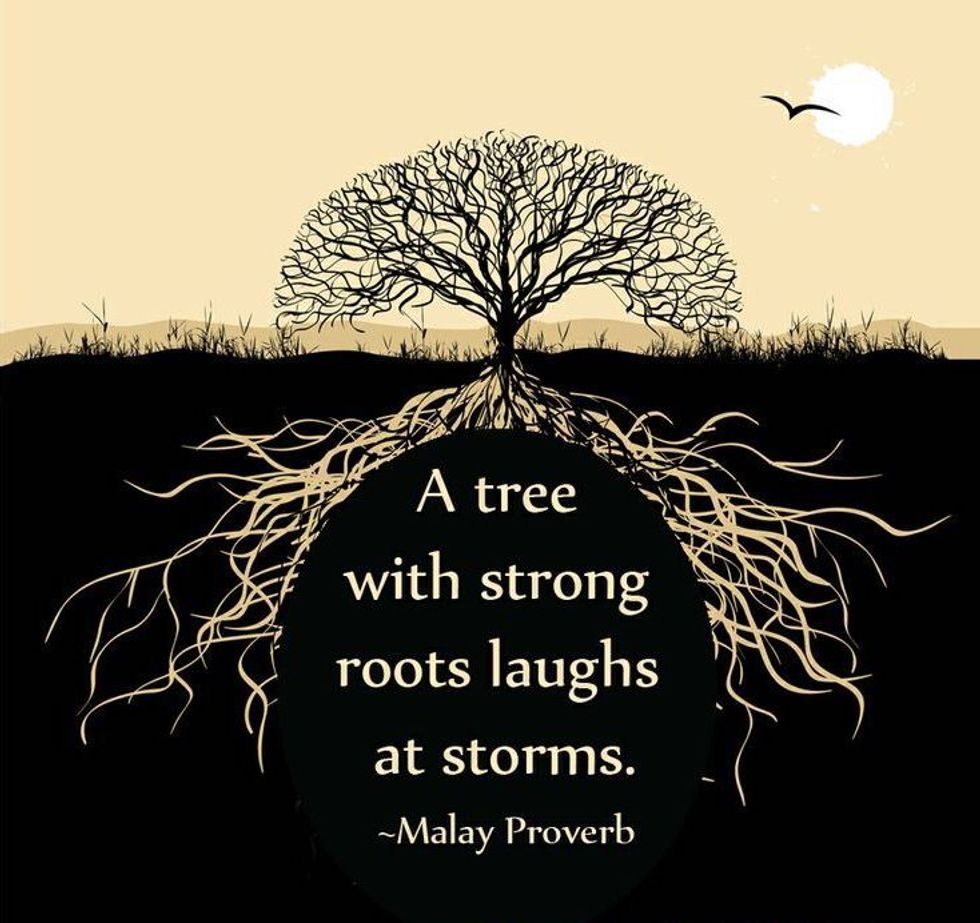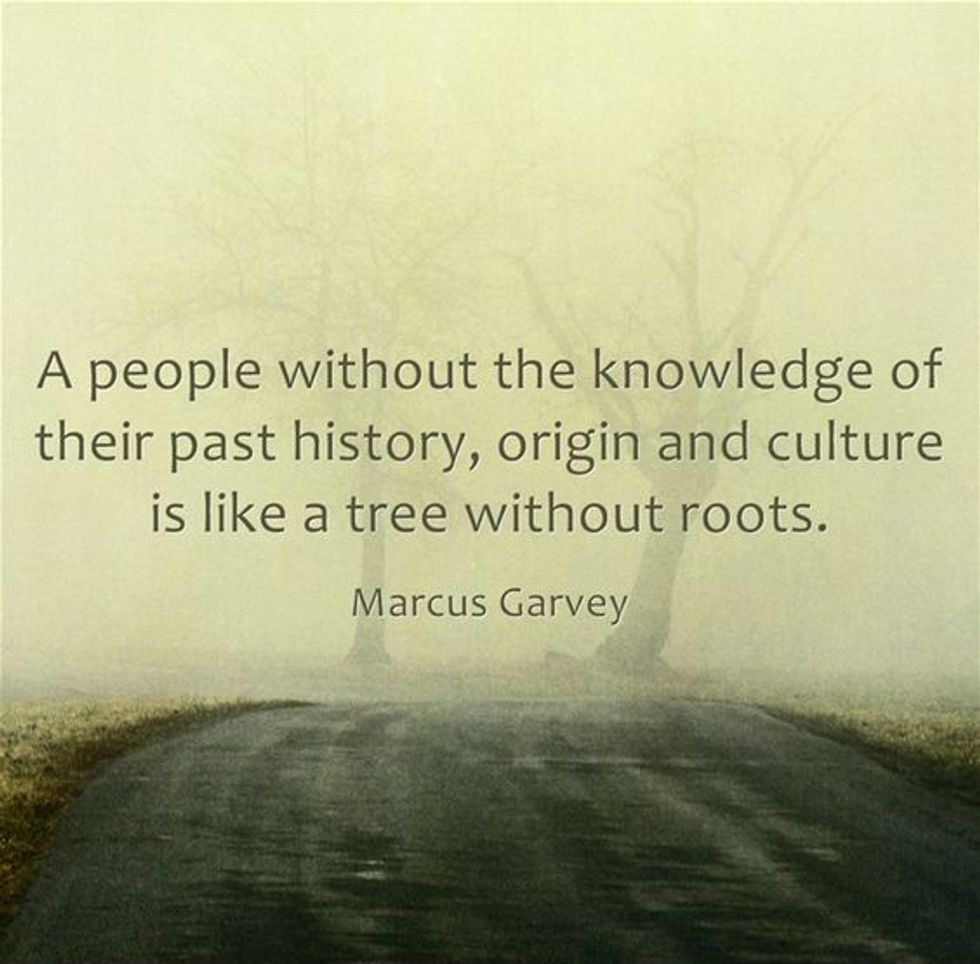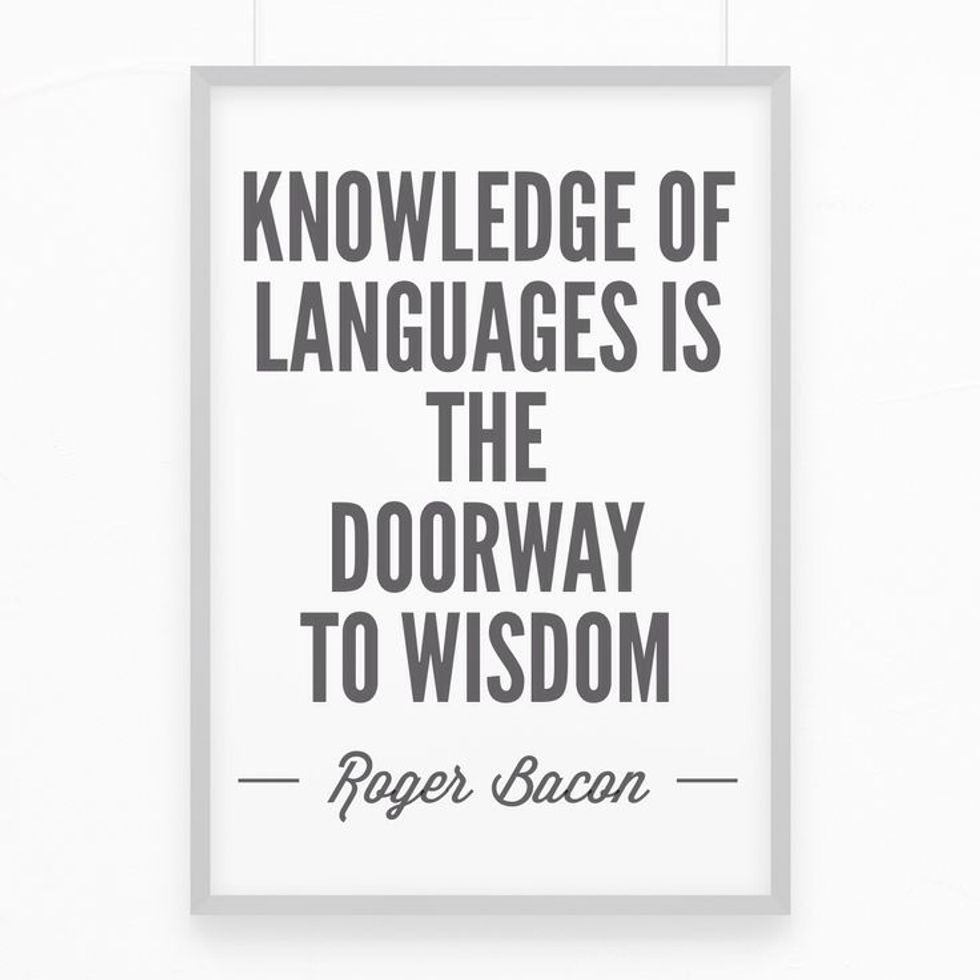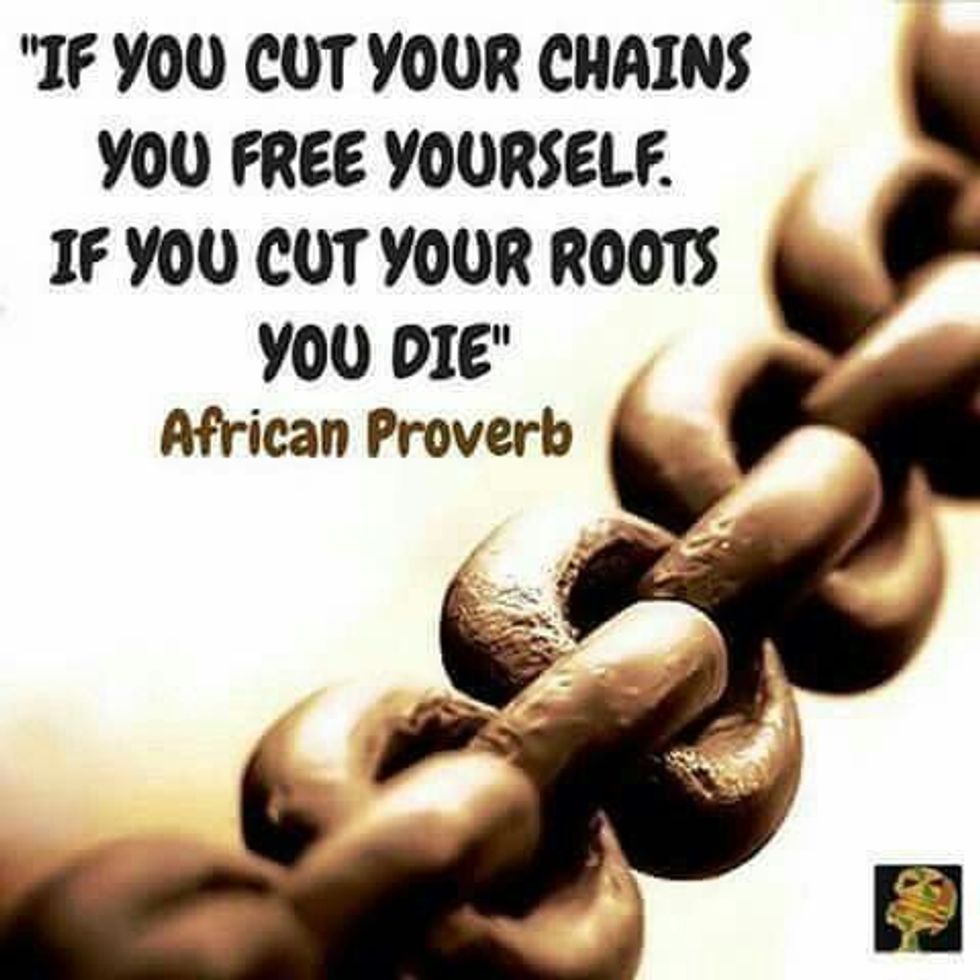1.) Immersing yourself in the stories of why, when, and where your family first came from and what it meant to them.
Listening to the origin stories your family shares is an important part of the lives who follow and should be taken with an optimistic mindset. Hearing of my father's travels from Europe (Italy) and the adversities he particularly faced upon establishing a life here in the states, both amazes and motivates me--someone who has everything and was brought into the "American Dream." My father arrived in New York in 1973 at the age of twelve with his parents; leaving his home and siblings in the mother country. Like many, America promised a better life and opportunity for those seeking refuge from the nations' troubles and a myriad of other reasons. Learning to speak the English tongue, as well as other dialects of Italian through friends and Spanish from trading words here and there, eventually, my father made a name for himself and started working with his hands. Further down the line, my father met my mother that also came from an Italian family that came here to the states; started a business and the rest is history...rather part of my history.
2.) Attaining and understanding part of your identity
People may sometimes think of their culture being something that was once worn like an article of clothing--it eventually wears down until it is disposed of; this is shameful if it is purposefully done. Like our gender, or our disposition; our we are made into a version of ourselves based off of extrinsic and intrinsic matter that ultimately etches us into a statue. Looking back at my childhood of two worlds combines with the best parts of either, my life could have been more tasteless if the traditions of my family and people before decided to leave the old at the waterline and start anew. Alas, that happens today with people of all ages either ignorant of why they are the way presumed or utter bliss in living completely the American way and everything that follows: media culture, stigmas, hostility towards change and clouded belief for the real issues plaguing our country.
3.) Knowing your history and culture helps us build a sense of pride.
Nationalism is not always the rebellious undertaking of "down with the government" due to oppression; it is also a beautiful word that means patriotic feelings, principles, or efforts regarding your claim for identity. To be honest, I am a proud nationalist regarding the heavily ingrained European culture adapting to the American culture; showing how I am both divided into a two cohorts that mesh into one. Keeping the struggles from our own individual past through the ages into the very place we reside in now aids in creating a sense of who we are and what we choose to be.
4.) Learning about your own culture helps to understand someone else's.
We live in a fish bowl filled with our own ignorance of the world surrounding us and the various culture outside of our privileged society. Essentially, learning how other people act within their way of life compared to our own is vital in comprehending how others view us as we might view them. Firstly, one needs to be around other cultures; there is no way around this to flow into the following step without interpersonal interaction. Secondly, when near people belonging to different cultures, keep an eye out for three things: moments of tension, any
5.) Keeping your language of origin alive serves more than being a creative tongue.
Keeping up with the language belonging to your culture is a great first accomplishment. One way of helping children (or anyone interested in their roots) appreciate divergence is the value of the slew of cultures and that each is different with equally significant importance. On the abstract side, stigmas are stories only partially told, the rest is glazed over with ignorance and fear of what was once a norm; now a strange shadow that follows many.
Bonus: You are what you say you are but also what you choose to let in.
Make peace with every aspect of your beautiful life and soul. Regardless of who or what binds you together, culture is only a sliver of that with the same, but very much different DNA that makes this the ultimate history lesson.

























